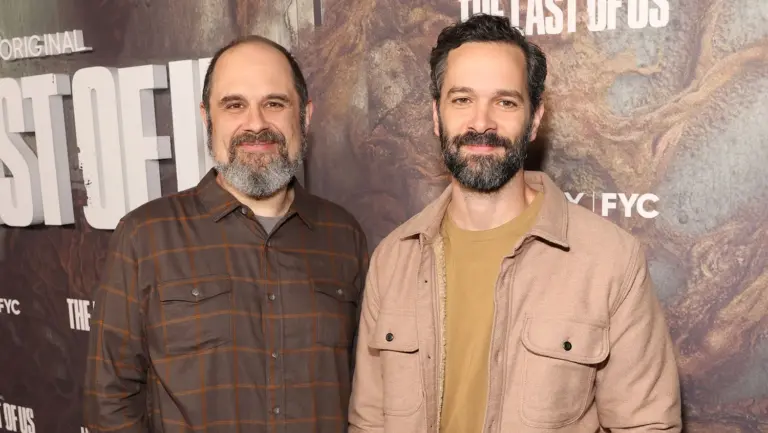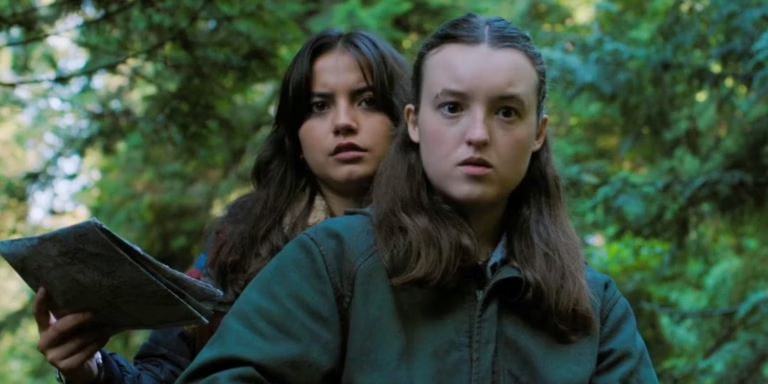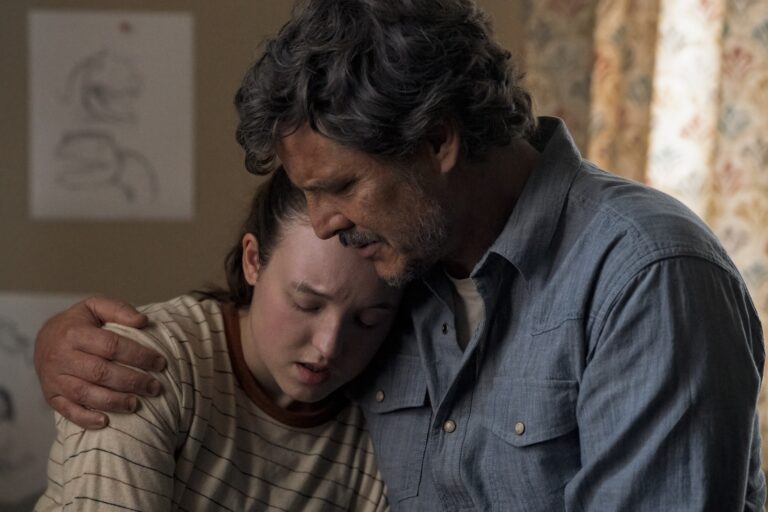Grab your backpack and a baseball bat — Season 3 of The Last of Us stares us down, and honestly, this time the stakes feel even sharper. Naughty Dog’s gritty universe never exactly tiptoed around big ideas, but now HBO’s adaptation gears up for one of the most gut-punch arcs in gaming: the cycle of revenge, forgiveness, and all the messy consequences that come with them. Fans know the storm after Joel’s Firefly escape was just the spark. If you thought Season 2 twisted your heart, buckle up for what comes next, because things are about to spiral in ways only The Last of Us dares try on prime time.
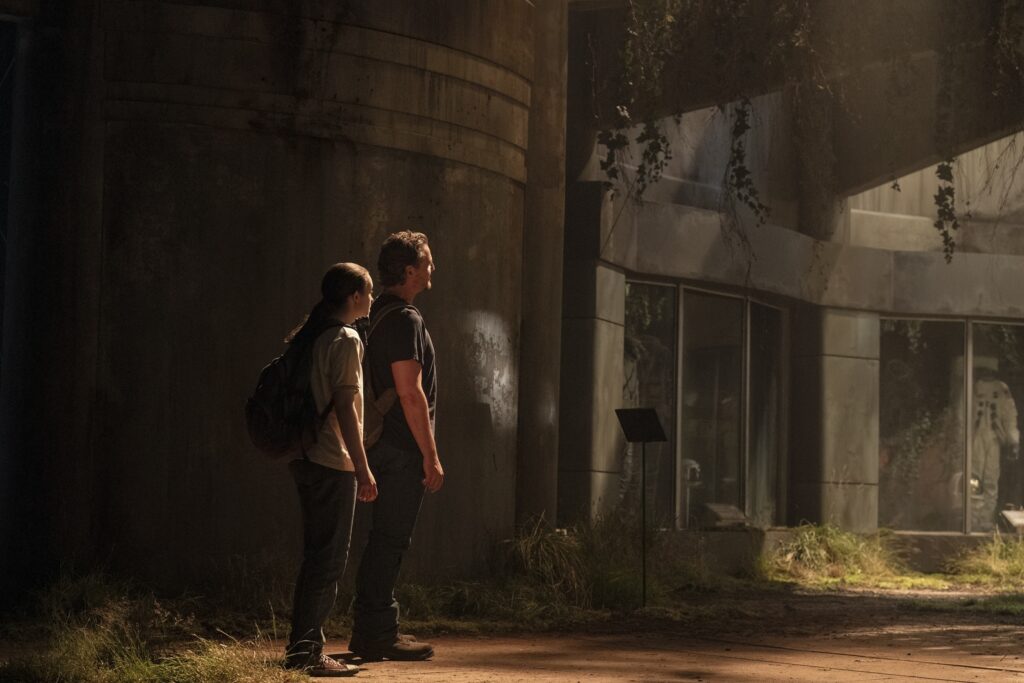
Counting the Cost: Revenge Is a Slippery Slope
Let’s be real: few games ever made you taste bitterness like The Last of Us Part II did. For folks who missed it (you can still fix that!), the sequel launches Ellie into a blood-soaked Seattle after witnessing Joel’s brutal murder at the hands of Abby and her crew. Her hunt isn’t some fun hero’s journey. Instead, it’s emotionally draining, hard to watch, and intentionally so. According to trinitonian.com’s review, the franchise “portrays revenge as something that completely tears away at one’s soul,” and it never dangles catharsis, relief, or even moral satisfaction at the end.
You feel that toll. Hour by hour, the cost piles up and, eventually, you start to wonder if Ellie loses more than she ever gains. As her pursuit grows more desperate, the world narrows, the colors drain from the landscape, and friends pull away. Revenge, for Ellie, is no longer about justice — it’s about obsession.
And let’s not forget: every time Ellie exacts vengeance, the circle widens. Each act sparks another response, like dominoes falling, and suddenly, you see just how endless this cycle can get. The showrunners have dropped hints that Season 3 will double down on this. Audiences should expect HBO’s team to challenge them the same way Naughty Dog did. If you cringed through the game’s final hours, prepare to squirm on the couch. Pretty bold, honestly.

Mercy in a World Gone Mad: Is Forgiveness Even Possible?
But the story’s not all blood and ruin — it quietly asks if mercy can break the chain. All through Part II, and soon in Season 3, Ellie butts up against the idea that, sometimes, letting someone go heals deeper than a revenge fantasy ever could.
GameRant nails it: Ellie’s “insatiable desire for justice shows gamers the important place mercy and forgiveness have in human life.” More than anything, the arc points out that forgiveness is a choice. It’s not easy — sometimes, it’s downright excruciating. But when Ellie stands at her crossroads, she finds peace not through a final kill but by sparing Abby in the game’s unforgettable climax.
Now, translating those moments to TV? That’s a mountain. Video games force you to sit in Ellie’s shoes, press the button, choose the action, and then dwell in the aftermath. TV, by comparison, could easily turn the audience passive. But HBO’s creative team, led by Craig Mazin and original director Neil Druckmann, seem hyper-aware of the challenge. Mazin told Wikipedia editors in April 2025 that “the second season taps deep into revenge, as the dark side to Season 1’s unconditional love.” That dichotomy — love turned sour and toxic — should anchor everything in Season 3.
Every Action Echoes: Consequences in the World of TLOU
And let’s not sugarcoat things: consequences hit hard in this universe. Nothing happens in a vacuum. When Ellie acts out, it’s not just her story that warps; everyone’s splashed by the fallout. Allies die. Innocents get wind of her actions. Even towns morph into minefields because of one bloody rampage. An itch.io cultural analysis breaks it down: “The game challenges players to confront their biases and question their sense of morality… empathizes with the loss of identity and humanity through violence.”
The TV show, especially as it heads into Season 3, has the perfect setup to expose viewers to how one choice spirals into heartbreak, trauma, or rare moments of insight. We’re not talking isolated drama here. One dramatic scene ripples out, reshaping whole communities and relationships. Behind every choice, there’s a shadow of what-could-have-been and the question, “Who got hurt because I wouldn’t back down?”
Adapting The Impossible: Can HBO Really Pull This Off?
The big question, though — is it even doable? Good stories about revenge aren’t rare, but ones that truly feel dangerous? Now, that’s tricky. The magic of The Last of Us Part II lies in its structure. You don’t just chase a villain. Halfway through, antagonists become protagonists. Suddenly, the “enemy”—Abby — gets the spotlight. You see her heartbreak, her reasons, and her pain. Suddenly, the person you hated is someone you understand. By the end, both sides run parallel, both broken and emptied.
Showrunners have already promised that Abby’s side of the story, her entire trajectory — loss, rage, empathy — won’t get shortchanged, even if it means splitting seasons or blowing up episode lengths. HBO confirmed casting for Abby back in Spring 2025 (and Twitter barely survived the week), so the stage is set for that signature narrative flip. Just imagine the midnight fan debates and livestream breakdowns when Abby’s arc lands!
Expect uncomfortable conversations, too. The deeply polarized response to Part II four years back still rattles the fandom. Some called it brave. Others pushed back, saying they wanted something simpler. HBO seems ready to lean in. Co-showrunner Druckmann, for one, tells interviewers that the show will remain “a continuation of love from the first season, and this is just the dark side of that coin.” The story thrives on discomfort — so will the show.
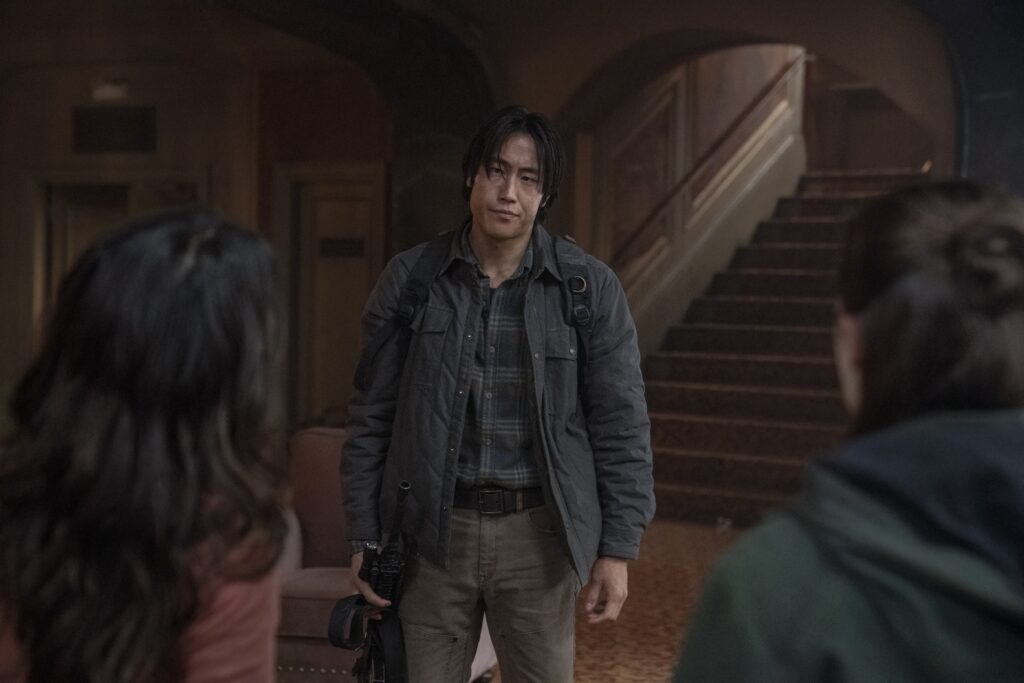
So, Can the Show Spark the Same Wild Debates as the Game?
Let’s get real: the buzz around these topics isn’t just academic. The internet (especially Reddit, X, and big TLOU Discords) remains a battle zone when talk turns to revenge, Abby, or forgiveness. Google Trends reported a fresh spike in “last of us part 2 revenge” and “abby tv casting” right as HBO’s teasers dropped. People have opinions, and they’re not shy.
- Some viewers praise the show for wrestling tough questions: Can you truly forgive after the unthinkable?
- Others argue the narrative feels too heavy, craving more classic good vs. evil.
- A growing camp sees the show as cathartic, even healing, because it refuses pat answers.
All this mirrors the game’s original social storm, when forums and TikTok exploded with fans dissecting every scene and choice. By pushing revenge, mercy, and consequence so far, The Last of Us basically guarantees water cooler debates, friend group schisms, and late-night think pieces for months.
The Odd, Hopeful Thing About Breaking the Cycle
Here’s the thing. After hours — or soon, episodes — of heartbreak, you start to see what The Last of Us really offers. Yeah, revenge wrecks. But even in the most shattered places, characters reach for something brighter. Sometimes it’s community. Sometimes it’s a flash of mercy. Sometimes, it’s just surviving another day.
And by stepping into both Abby and Ellie’s shoes, viewers can’t just pick a team and call it done. Season 3 looks set to drag everyone through the mud and grime of both paths, daring us to see our own flaws. Will TV fans debate as fiercely as gamers did? Judging by search volume, leaks, and fan buzz, it’s already happening. Odds are, when the credits roll, you’ll find yourself replaying arguments in your head — maybe in your group chat, too.
Here’s a wild thought: maybe the real legacy of The Last of Us isn’t just that it tells a great revenge story. Maybe it’s that it makes us ask if breaking the cycle is possible at all — and whether we’re ready to forgive, or carry the weight, just like Ellie. Ready or not, Season 3 is coming, and the cycle spins on. Find your seat — just maybe hide the golf clubs first.


